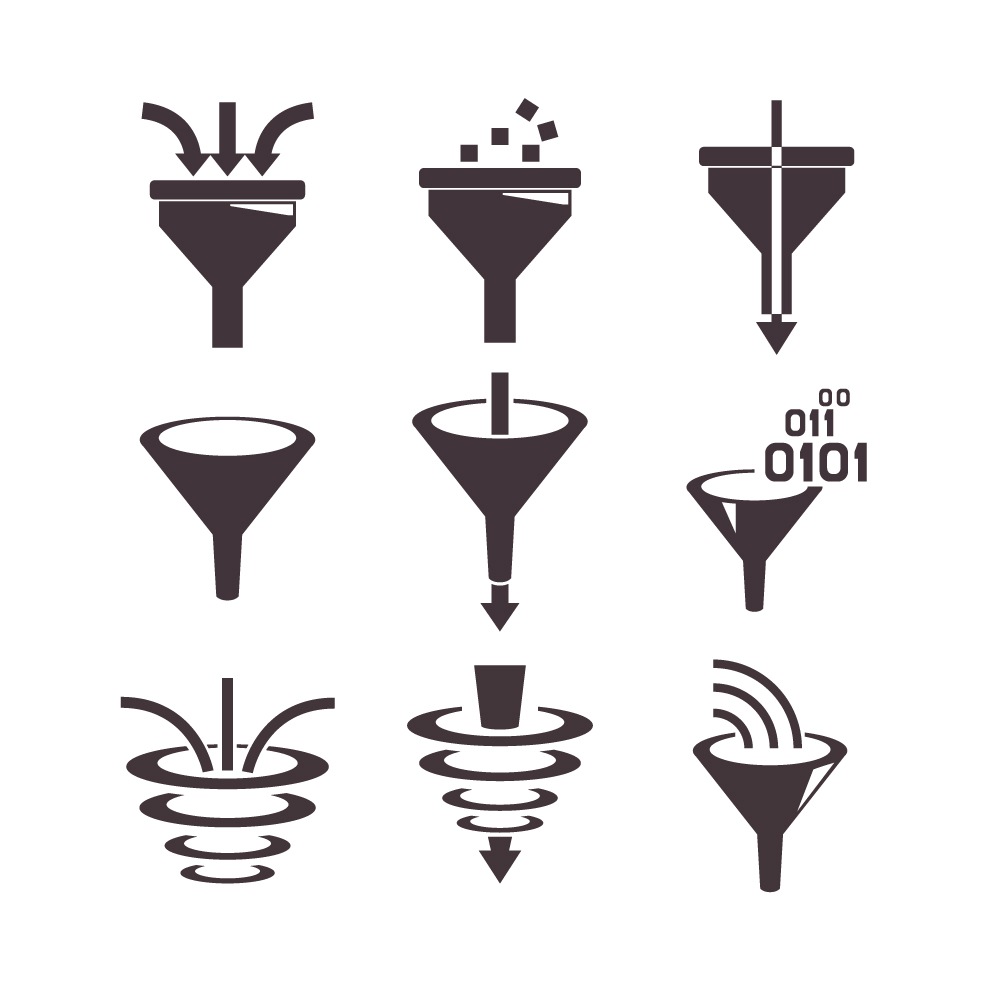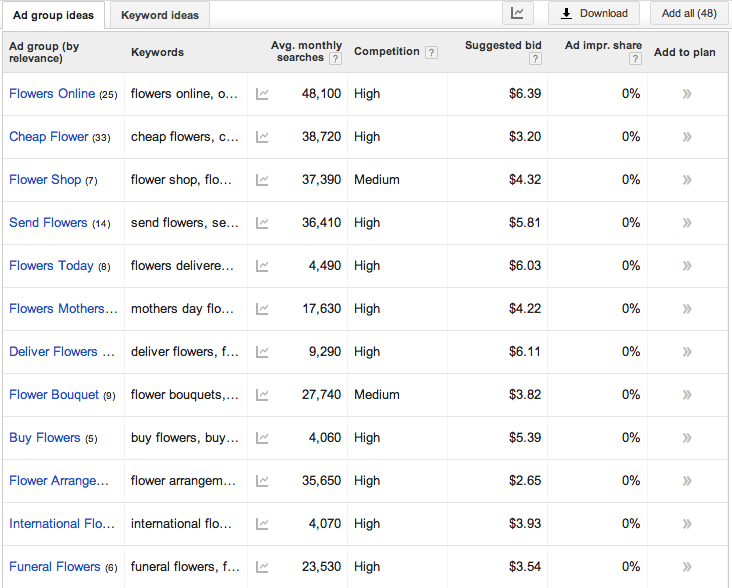When you set up an e-commerce site, there are a ton of SEO aspects to consider. One thing that all too often slips under the radar is whether category or filter is a better option for your webpages. So, with all the other SEO aspects to consider, why does it matter?
Aside from user experience, it is important to consider whether to use a category or filter for SEO because it affects your rankings.
Lets start with some basic information so you can understand the differences.
What is The Difference Between a Category or a Filter?
When you look at a website URL, it is pretty easy to tell if it uses a category or a filter. Here are the definitions of both and how to get started for an e-commerce website:
- Category: A category essentially involves taking the product or service on your e-commerce site and breaking it up into smaller groupings, each with its own webpage. For example, if you were selling household items, you may want to have different categories for kitchen, bathroom, and dining room items. A category page URL, looks like this: http://www.yourdomain.com/category/subcategory.html
- Filter: A filter, on the other hand, is subcategory your visitors use when they are already looking at one of your categories. For example, if your home decor website had a category for kitchen and then a subcategory for utensils, a filter by purpose (cooking, baking, serving, etc.) might be something you want for your site. When looking at a URL for a filter, you will oftentimes see a “?” in the URL: http://www.yourdomain.com/category/subcategory.html?style=mens&color=brown
Google is more likely to recognize and rank category pages, simply by the fact that they look cleaner than filter pages. It is likely that the “?” stood out to you immediately, and that is similar to how Google looks at it as well.
When to Use Category Pages
Focus on creating category pages first. Choose words you think will garner the highest search volume. One way to do this is to use Google Keyword Planner. Use this to create mapping and categories for your site and break up your site naturally into different categories. These types of pages are always the best way to start (in other words, don’t start at filters).
Below, you will find the results from someone who is creating a website to sell flowers. Of course, you can only have category pages for the flowers you actually sell, but putting the keyword “flowers” into the Google Keyword Planner is a great way to see how the searches naturally break up. If you rather, you can also do this by looking at the metrics for your site specifically.
As you can see, a lot of people are interested in cheap flowers, so a good category might be “flowers on sale.” Flower bouquets, arrangements, and funeral flowers might all be good categories. Ideally, you should stay between seven and eight categories to keep things simple. You want to try to limit the amount of category pages so it doesn’t get confusing for your site users.
This is where filters can become a nice option.
When to Use Filter Pages
Some examples of common filters include price, size, or color. These filters will limit the amount of results visible to your website users. This helps users find items that may not have a high search volume.
Ultimately, both category and filter pages are important to SEO, you just have to know when to use each option. Although it might seem tricky at first, differentiating between the two is actually quite simple once you know what to look for when analyzing. Using them correctly will help improve your rankings and also improve your website navigation.
Do you own an e-commerce website and have seen changes in your SEO when working with a category vs. a filter page? What have you found to work best in the past? Let us know your story and your thoughts in the comment section below.
Image Credits
Featured Image: phiphatbig via Shutterstock
Image #1: Dima Groshev via Shutterstock
Illustrative screenshot taken August 2014




